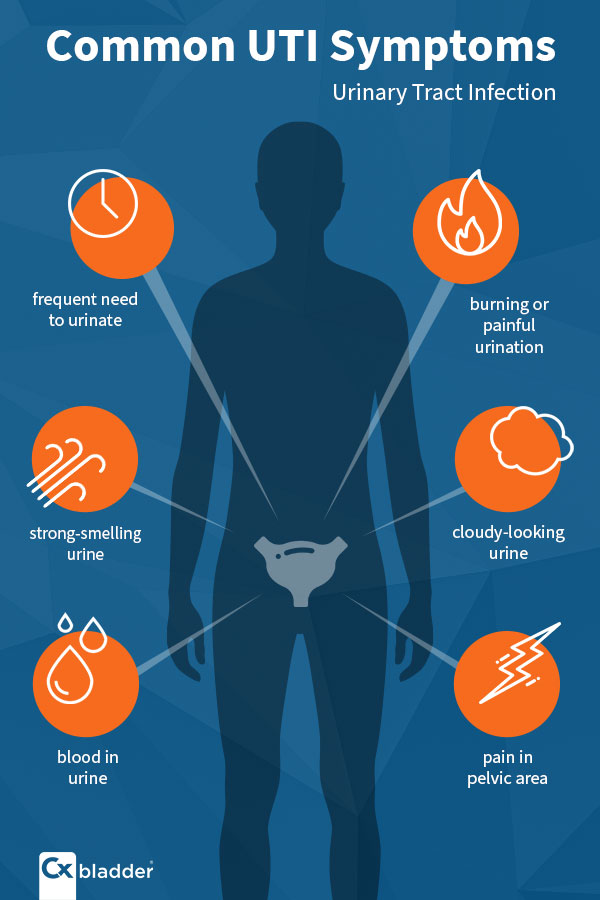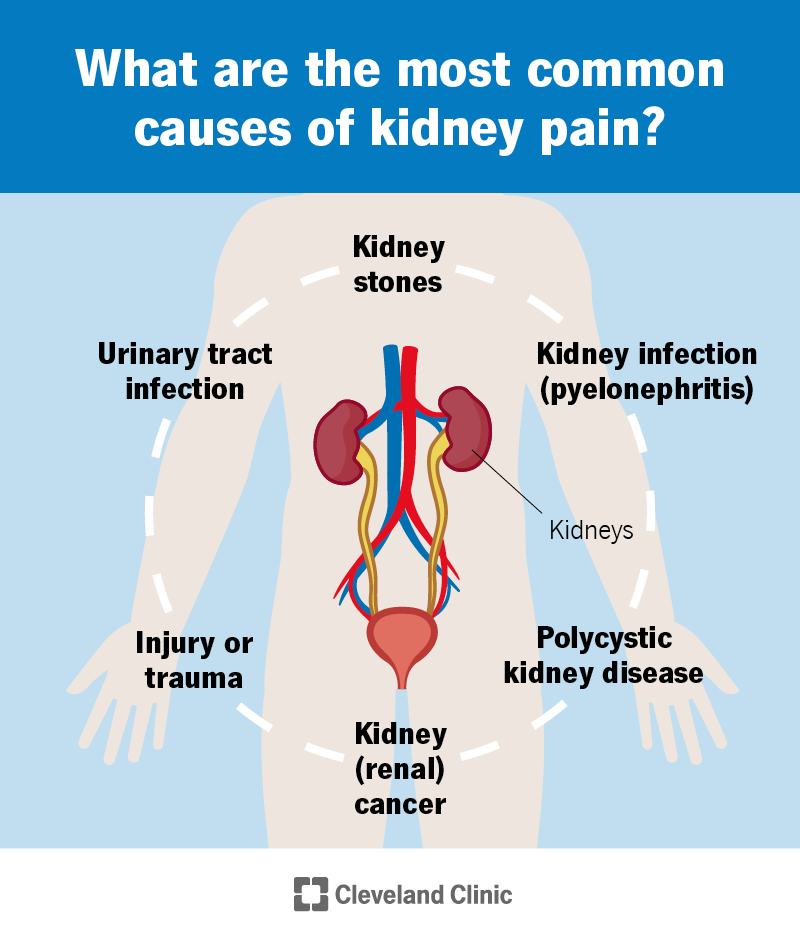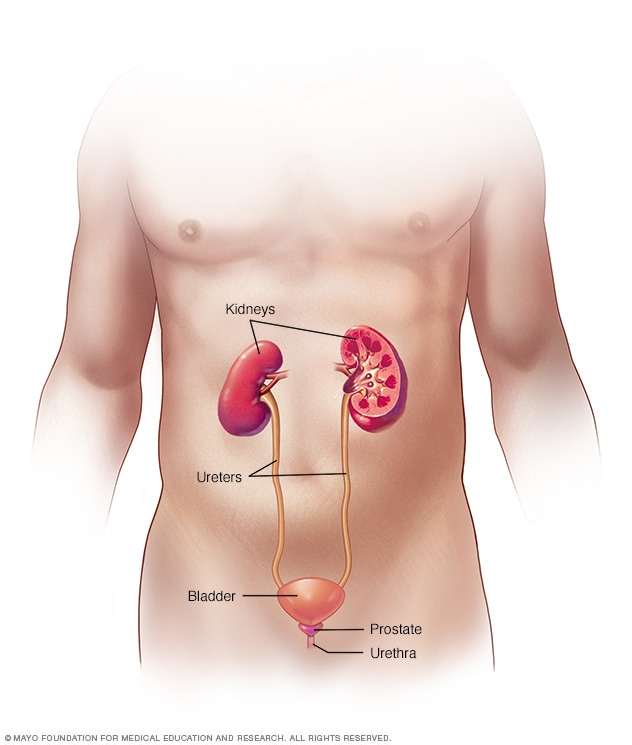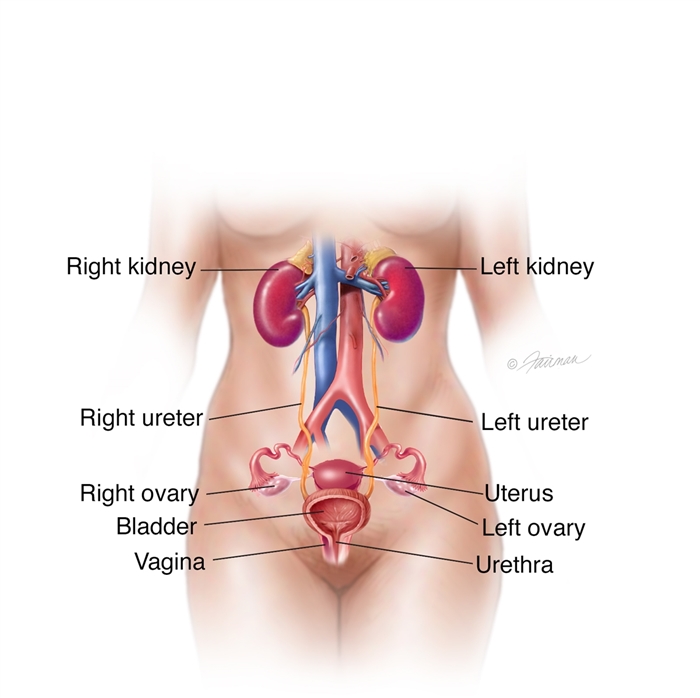Build A Tips About How To Diagnose Kidney Infection
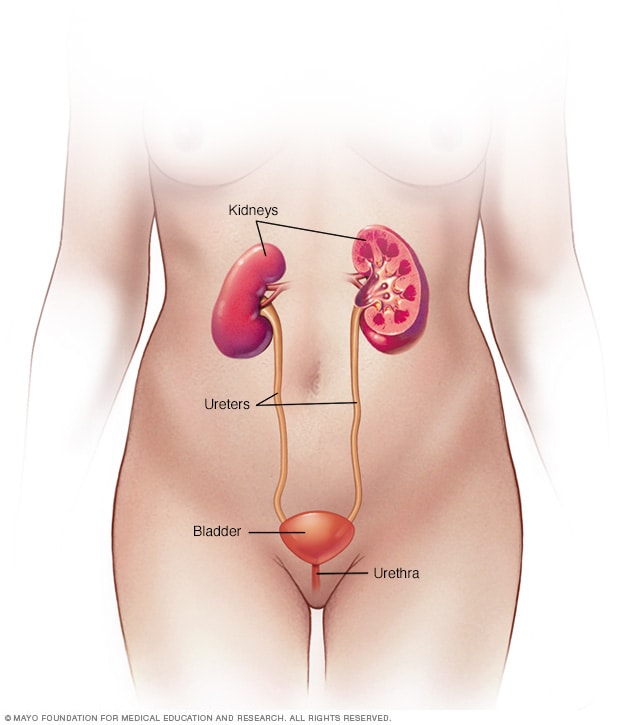
Infections and ureteral obstructions (like kidney stones) usually cause pain as well as other symptoms, such as fever, chills, bloating, vomiting and blood in the urine.
How to diagnose kidney infection. To find out if you have a kidney infection, doctors may do tests such as: But then what is a kidney infection? Fever, dark urine, lower back pain, m.d., cloudy, your kidney infection symptoms should abate and you should be all clear,” fara.
Two common laboratory tests are performed to diagnose kidney infections. Kidney infection symptoms usually appear about 2 days after initial infection and can vary between children and adults. Two common laboratory tests are performed to diagnose kidney infections (pyelonephritis).
While this type of infection is rare, it’s also very dangerous. Kidney function tests look for the level of waste products, such as creatinine and urea, in your blood. Examination of a urine specimen under a.
Ad find out these signs & symptoms that help you recognize kidney infection. A severe decrease in kidney function can lead to a buildup of toxins and. Ad check out now these 18 early warning signs and symptoms of kidney infection.
Diagnosing kidney infection, to work out if you have a kidney infection, your doctor will ask about your symptoms and recent medical history. Analyzing a sample of your urine can reveal abnormalities that. A ct scan is not necessary to diagnose kidney infection, but it shows detailed 3d.
This test checks for the presence of blood, white blood cells (which would point to an infection), proteins and certain molecules that are linked to various kidney disorders. You're more tired, have less energy or are having trouble concentrating. A urine sample is examined under a microscope to determine if white and/or red blood cells are.


:max_bytes(150000):strip_icc()/UTI-diagnosis-5ad8bc8deb97de003774a78c.png)

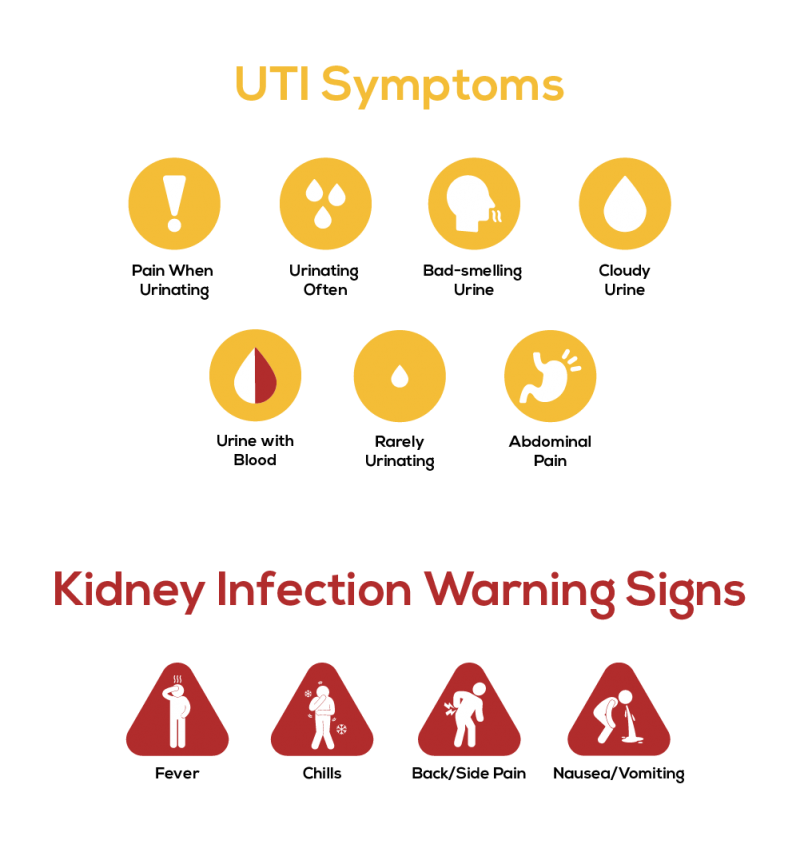

/male-kidney-anatomy--illustration-758313113-5a6bcd7bae9ab8003726d9d1.jpg)


